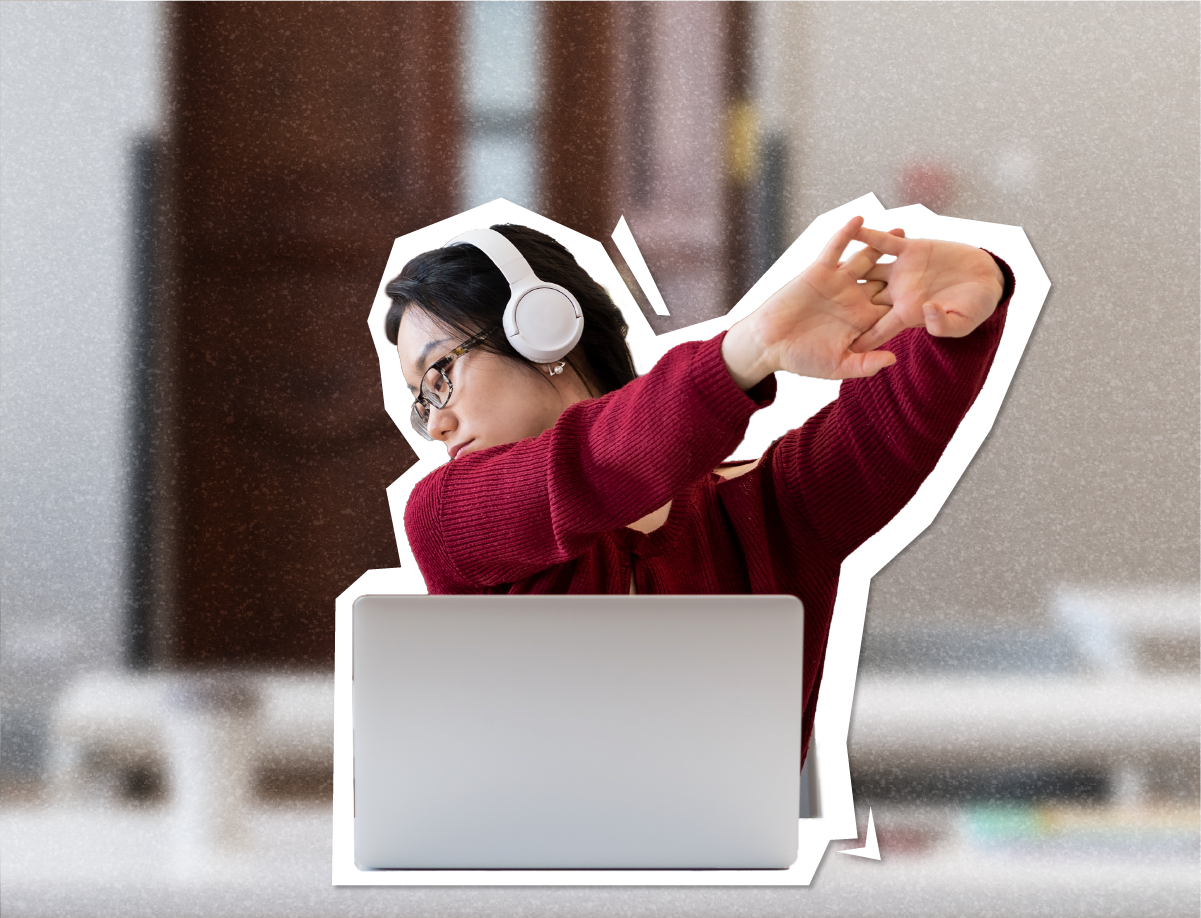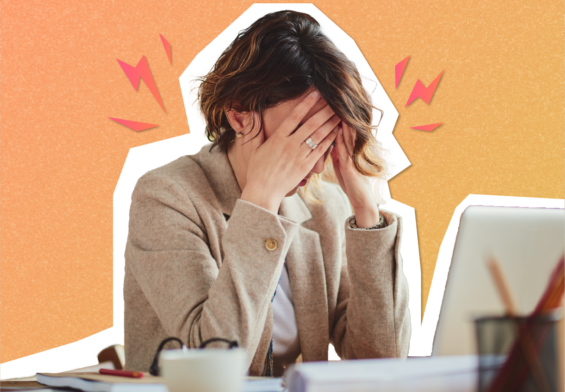
Don’t let the exam period get to your head and affect your effectiveness. There are many ways to relieve stress from studying and boost your potential.
Shorter study sessions
It’s difficult for the average person to focus on one thing at a time for extended periods. Focusing on forty-minute periods and taking 10 to 20-minute breaks is one of the best ways to study or write that assignment. Make sure to allow your brain to rest away from screens and books during that time, brew some tea, stretch or go for a walk.
You can also try the Pomodoro technique to gamify your studying time.
Exercise regularly, and eat well
We spend most of our time studying by sitting down. Your body shouldn’t sit in the same position all day; this is where exercising is vital to relieve stress and keep concentration high. Getting exercise will boost blood flow to the brain and make you feel more focused. A balanced diet is also essential; being hungry or eating unhealthy food will make it harder to focus.
Prepare meals in advance and eat foods like fruits and vegetables, whole grains, and lean proteins.
Avoid Distractions

Even if it seems impossible to do so now with messages incoming and ads playing everywhere, you should consider taking a break from social media when trying to improve your studies.
Log off any social media you are logged in to and silence your phone; the urge to quickly check that one notification can turn into a lengthy social media loop.
Make a colorful study plan
A visual study plan will help to remind you of what needs studying and what you have already gone through. It will also help you reduce procrastination, the biggest problem when you need to get things done.
Your calendar should be color-coded to your preference and contain any other commitments and activities you have planned, like exercise, work, and social gatherings.
Make getting enough rest a priority
Your brain activity slows down at nighttime and helps retain all the information you spent learning during the day. Good sleep is essential; you should sleep at least eight hours every night.
If you find yourself unable to sleep, try breathing exercises, taking a bath or shower, or drinking warm tea (not caffeinated, of course) before bed to help you sleep better.
Make a study group

Everything is more fun in groups, and nobody expects you to understand everything right away on their own. Talk to your classmates about your studies, email your teachers, and ask for teaching from your seniors.
The study group can be online or in-person, ideally between three and five members; make sure the sessions are between one or three hours, as shorter sessions tend to rush while longer ones lose focus.
Good luck with your studies
Relieving stress is essential for a healthy lifestyle; neglecting relaxation can negatively affect you physically and emotionally. Follow the above steps to be on the right track to keeping stress away. Join our community and check out the Blog for more helpful advice.


